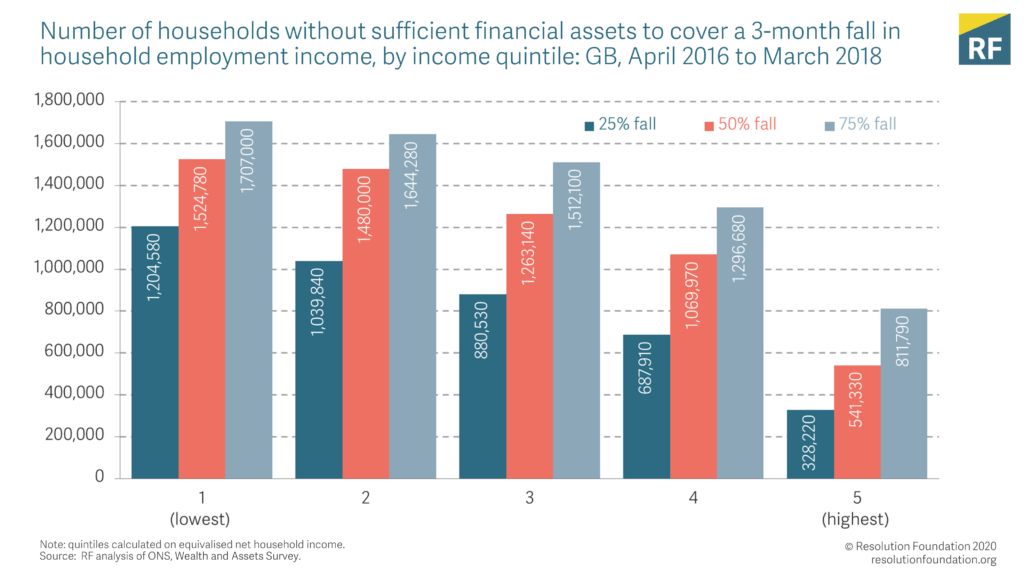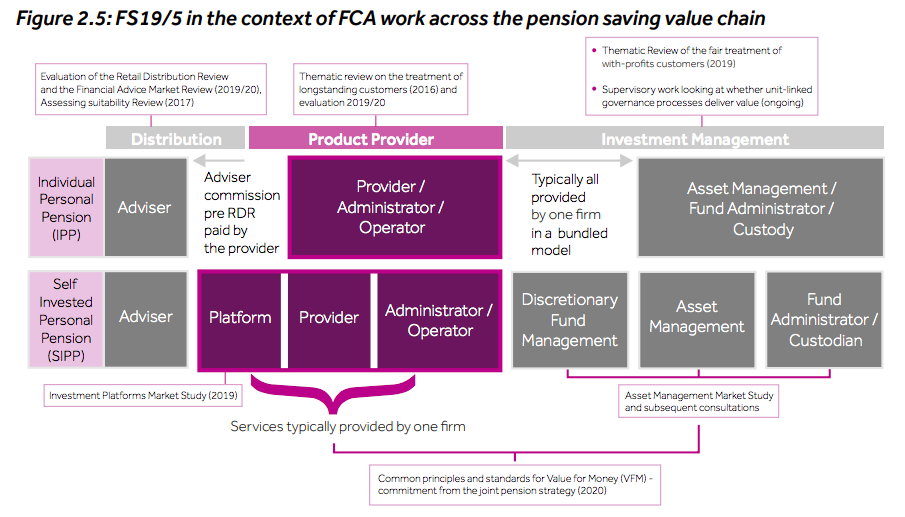We want to know what the BGSE community is thinking and reading about the Brexit.

We invite all Barcelona GSE students and alumni to share their early reflections on the potential economic consequences of the UK’s recent vote to leave the EU. Did you focus on a related topic in your master project? Are you working at a think tank, central bank, or consulting firm where your projects will be impacted by this decision? Have you seen any articles or links that you found useful for understanding what lies ahead?
Here are a couple of pieces we’ve found to get the discussion going:
The BGSE participates in A Dynamic Economic and Monetary Union (ADEMU), a project of the EU Horizon 2020 Program. Last week, ADEMU researchers held a webinar to discuss the Brexit.
Background:
Europe has grown out of its crises when reason and solidarity have prevailed, but it has also been devastated by its crises when fear and nationalism have taken the lead. Brexit, in the aftermath of the euro crisis, brings this dichotomy back to the foreground. Since 2010 there have been important advances in the development of the Economic and Monetary Union (EMU) and flexible forms of participation have allowed other EU countries, reluctant to join the euro, to share the basic principles that define the EU and have a common presence in the interdependent global world.
According to the panelists, Brexit raises 3 crucial questions:
- Should the EMU be accelerated to become a centre of gravity within the EU, or slowed down to avoid a centrifugal diaspora? If accelerated, how?
- Should an ‘exit’ country be allowed free entry to the single market and other EU public goods without accepting freedom of movement?
- Should the EU remain as it is, or increase its capacity to offer common public services (Banking Union, border security, research funding, environment, etc.), or limit its scope of activity to the EU single and integrated market?
Webinar Panel:
– Joaquín Almunia (Former Vice-President of the European Commission, honorary president of the Barcelona GSE)
– Ramon Marimon (European University Institute and UPF – Barcelona GSE; ADEMU)
– Gorgio Monti (European University Institute; ADEMU)
– Morten Ravn (University College London; ADEMU)
Moderator:
Annika Zorn (European University Institute; Florence School of Banking & Finance)
Nobel Laureate and Barcelona GSE Scientific Council member Joseph Stiglitz shares some reflections in the wake of the Brexit decision
What are you thoughts on Brexit?
We want to know what the BGSE community is thinking and reading about the Brexit. Please share your ideas, favorite sources for analysis, or observations from economists you respect in the comments below.







